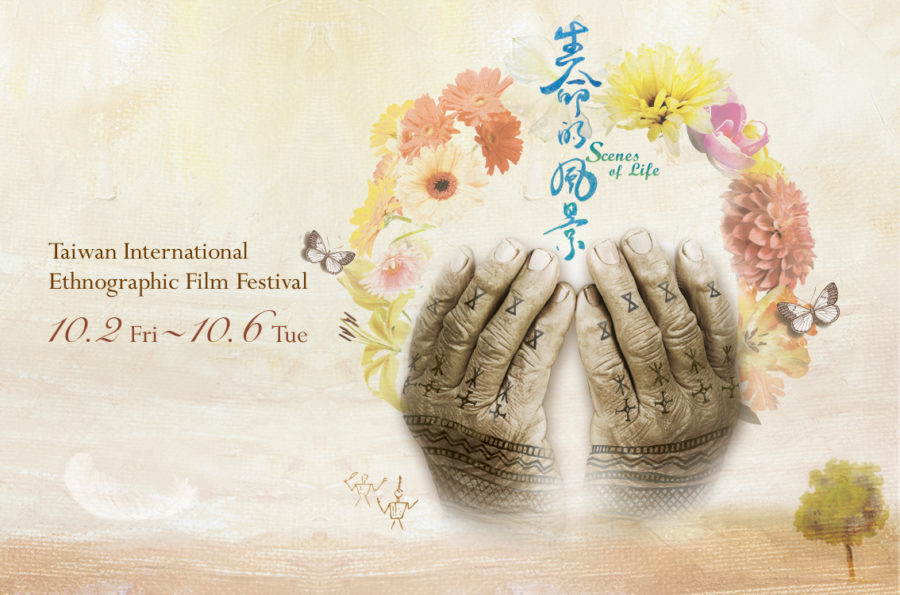Pusu Qhuni
餘生─賽德克‧巴萊
Eighty years ago, the Seediq people living high in Taiwan’s mountains rose up against the oppressive rule of the Japanese government in what went down in history as the “Wushe Incident.” The Seediq launched an attack on the Japanese in the sports meet of an elementary school. The Japanese rulers sent in the police and the armed forces to subdue the rebellion; moreover, they forced the other Seediq tribes, who were not involved in the incident, to help hunt down the insurgents.
Of the more than 1,200 people of the six tribes that launched the attack, only some five hundred remained after over a month of suppression. They were held in custody in two containment camps and were slaughtered again six months later. This time, only some two hundred survived. They were then relocated by the Japanese to a compound along Peikang River (Kawa-naka-zima).
Bereaved of loved ones and forced into exile, the Seediq survivors had to live under surveillance and limitations. Eventually they were left with no choice but to stay down and remain silent in order to fend for themselves. They suppressed their sorrows and held back their tears; in light of what went before, they have wanted nothing but good education for their children. As a result, Gluban village, where the descendants of the six rebellious tribes reside, has become the aboriginal community with the highest educational level and highest density of civil servants in Taiwan.
The remnant Seediq people, having survived a catastrophe, been exiled from their homeland, and witnessed the death of their loved ones, erected a monument in memory of their survival in the aftermath. As a matter of fact, the Japanese orphans who had lost their parents in the incident were also survivors living through the aftermath. For the survivors, living requires more courage than dying.
Featuring a wealth of documentation and narrative accounts by the descendants of the rebels, this film takes a rare look into the dark corners of the “Wushe Incident.”
Directors
Tang Shiang-Chu
This documentary is about director Tang’s Tao (Lanyu tribesman) friend, Mamuno. Through Mamuno’s experience of returning to his origin and Tang’s examining of his own life, the film shows how the two people interact and their brotherly caring for each other. Tang and Mamuno, coming from different backgrounds, share the same passion towards the ocean. We see what Mamuno went through a part of his life as a Tao, and Tang’s intent of finding the origin of his own life. The inseparable relationship between man and nature is also observed.

